How to downgrade your Windows 11 PC to Windows 10
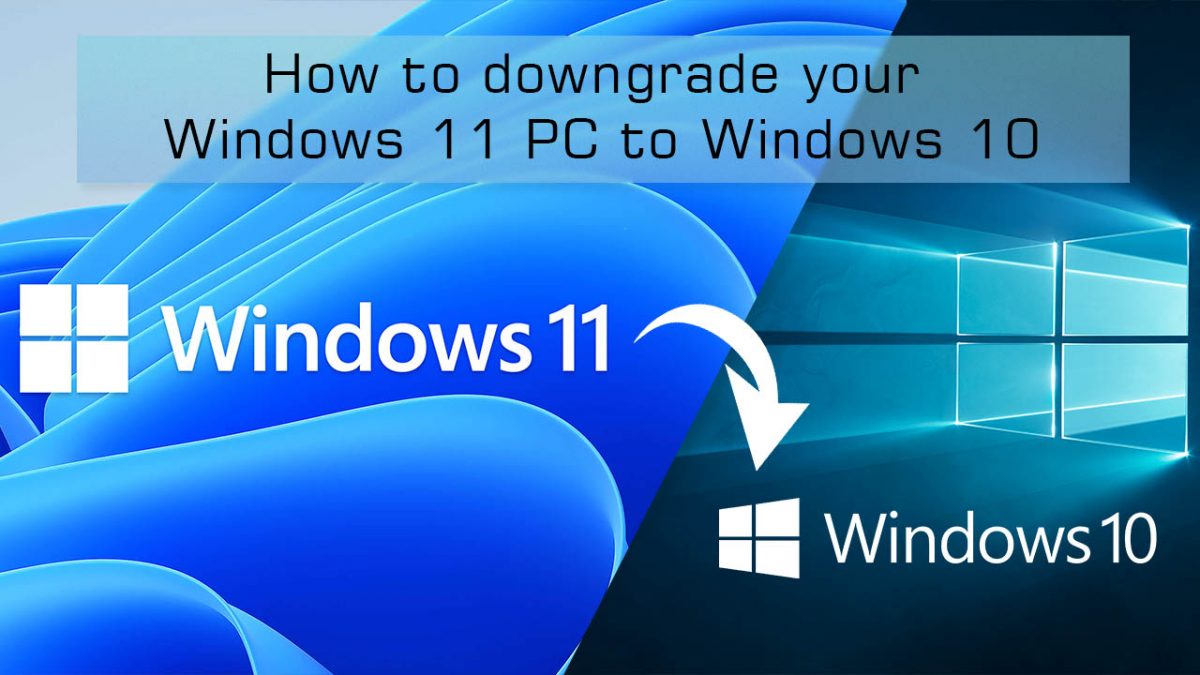
Windows 11 is Microsoft’s latest foray in personal computing operating systems. While the young OS comes with significant improvements over Windows 10, not everyone is a fan of the new UI and the operating system’s utilities. If you’re one of the people who prefer Windows 10 over Windows 11, here’s how to downgrade back to your favorite OS.
But wait! You didn’t upgrade to Windows 11 in the first place. All you did was buy a new PC and boom, Windows 11 was already installed. Surely you’re stuck now. Surely there’s no way to get Windows 10 if your PC shipped with Windows 11. If this sounds familiar, this article is for you. Below, we’ll show you how to switch out Windows 11 for Windows on any compatible PC. It’s easier than you think.
How to downgrade to Windows 10
This process is really quite easy, but it does have more steps than desired. However, we’ve sorted all the steps into sections so that they’re easier to keep track of.
Getting started
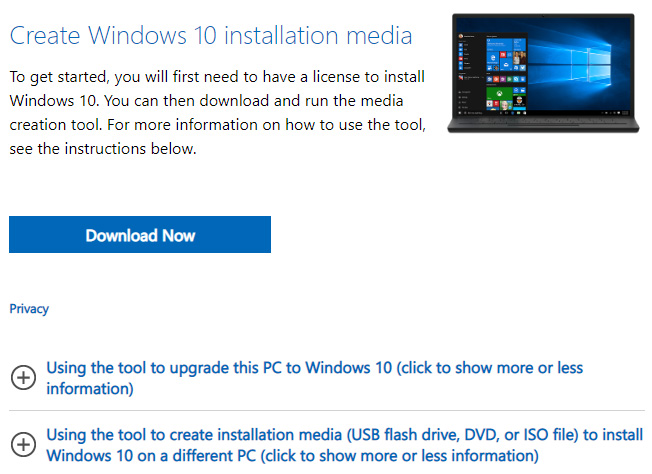
Essentially what you’re doing here is a full installation of Windows 10 on a system that natively runs Windows 11. This firs section is all the preparation you’ll need for the rest of the process.
First you’ll need to open your browser of choice and head to Microsoft’s support website.
Next, head to where you see Create Windows 10 installation media and click Download tool now. You’ll be prompted to save the tool to your downloads folder.
Now, you’ll see a file in the downloads bar at the bottom of your browser named MediaCreationToolXXXX.exe. Click on this file to launch the utility.
You’ll need to accept the EULA before you are allowed to install the tool, but this is standard operating procedure for all software, and this product is backed and created by Microsoft.
Using the upgrade tool
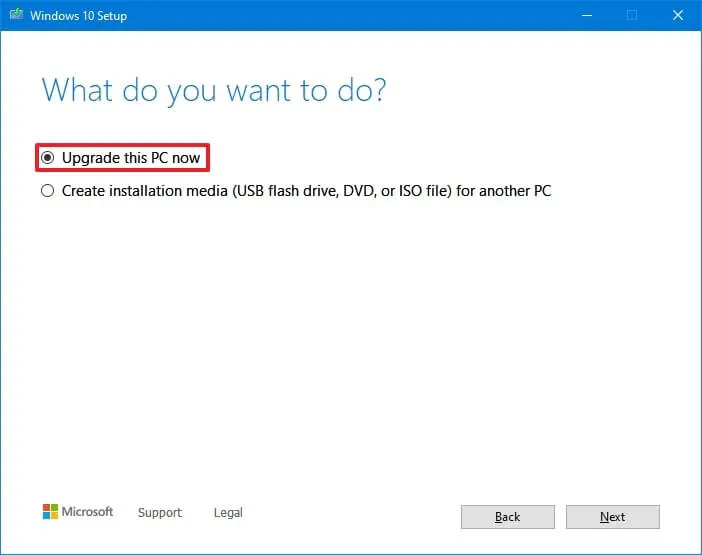
Once you’ve got the tool installed, open it, and you’ll see a question; What do you want to do? At this point, what you want to do is hit the first option, Upgrade this PC now.
You’ll need to hit the Accept button again, and then, on the next screen, you’ll want to click on Change what to keep underneath the two checkmarked items.
On the next screen, click Nothing. You don’t want to retain any files because you’re resetting your computer to an entirely new version of Windows, not rolling back as you would if you had initially upgraded to Windows 11.
You’ll be prompted to click Next, and then you’ll need to click Install so that the tool installs Windows 10 to your PC.
That’s it. All that’s left to do is wait for Windows 10 to install to your PC, and then you’ll be greeted with the OOBE (Out of Box Experience).
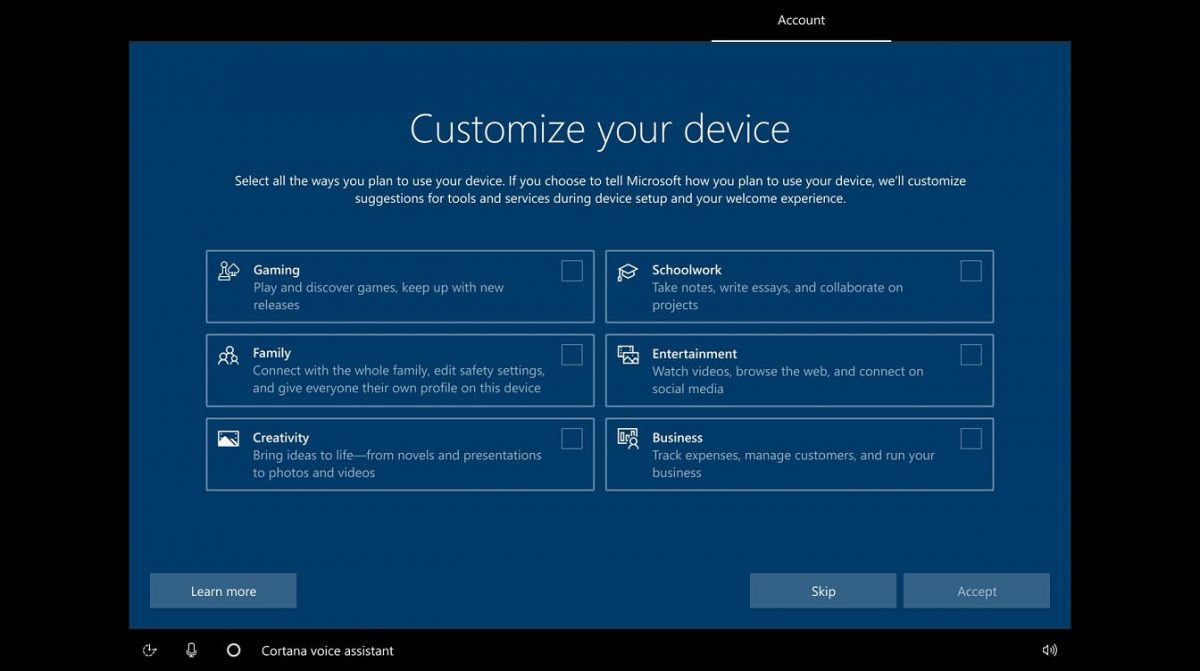
Super simple
You’d think that it would be criminally difficult to get Windows 10 on a PC that natively comes with Windows 11. However, as you can see, it’s really simple. From here, you’ll be able to set up your brand new, out-of-the-box Windows 10 OS exactly as you’d like it. If you activate Windows 10, you’ll be able to use the limitless potential of Microsoft’s aging but still capable OS. However, if you want to use the product without activating it because you don’t have a product key, you can follow our guide here. You should also check out our article on how to change your Windows 10 wallpaper without activating the product, as you won’t be able to do this through conventional means.
Advertisement




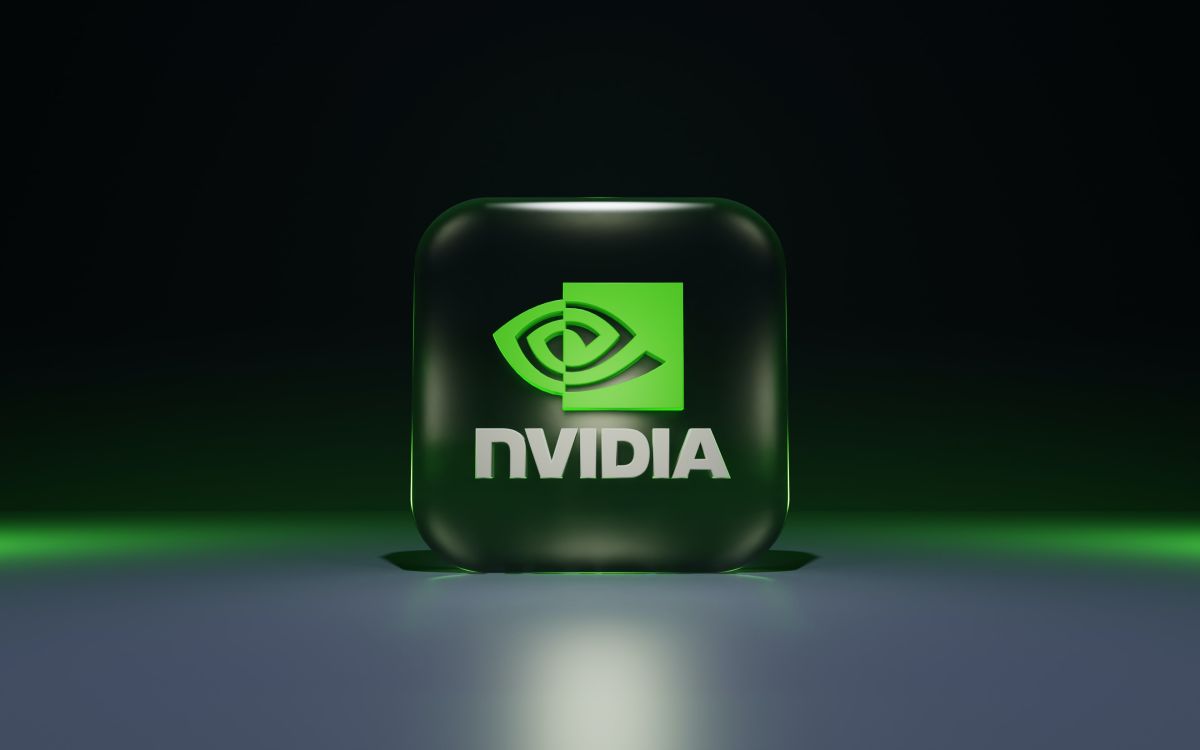











Please fix your artical – I just wasted my whole freaking sunday to realise you cut off the commands to configure the vm. what an a hole.
Buying a new PC every 6 years is f-ing expensive and is setup to make self builders buy all new components. I have FX 8350 black the runs 8 cores at 4.1 ghz. Well over 11s 1ghz 2 core requirements. I use SSD for win install my pc boots in about 10 secs and I’m working. No issues with page loading. 16 gigs ram. I just don’t get it other than selling new s-it. The change from am3+ came about a year after I built my current pc. I bet I could go cheap and build a pc that meets requirements and still isnt as good as what I have now.
Sadly, this guide is completely useless as-is. The section headed “Enter the following commands, one by one, but adjust the name of the OS you gave it” shows a static JPG image.
Not only can you not copy-paste the text, but worse, the lines have been truncated. It’s not possible to scroll it sideways to see the missing parts, since even the “scrollbar” is part of the static image!
Is it only for me or are the commands for configuring VB for macOS all “cut up”? Like it’s literally a screenshot with half the command? I’ve tried multiple browsers what should I do lmao
Thx in advance
Same here! I wasn’t sure if the author of the article is trolling or not
I heard microsoft is working on windows 12 – should i wait for that? When would THAT be released? I have 3!! incompatible win 10 desktops.
I wonder EXACTLY how many laptops & desktops do NOT meet win 11 requirements!
In the hundreds of millions? Close to a billion?! Imagine how many would need to be recycled(or thrown away in countries not recycling), not necessarily using green power to do it. & to make new ones. My head is spinning.
I sure hope at least win 11 is a lot faster than the sooo slow win 10 file manager & picture viewer.
Windows XP was sooooo fast in those areas.
Microsoft should have come out with some sort of inexpensive device or software that would EASILY MAKE incompatible win 10 pc’s compatible.
Comments are messed up, again. Ghacks isn’t what it used to be…
Windows’ “System Image” backup feature has been broken for almost a decade. The only backup software I’ve used that has been able to integrate properly with windows 10 has been Macrium (native windows volume shadow copies, incrementals, easy recovery environment creation, encryption, etc).
Whether one likes Windows 10 or Windows 11, the point not-to-be-missed here is that Microsoft is working really hard to make Windows a platform for monetized SaaS. Microsoft accounts (preferably with upgraded OneDrive storage), Microsoft 365, etc. etc.
I would absolutely go back to the days of paying Microsoft $80-100, or even $129.99 if they would offer an ad-free, telemetry-free Windows Pro OS that also doesn’t strip the Pro features in order to treat me like a consumer user. And since they will not? I feel perfectly justified in using the Windows Registry, Local Policies, and firewall-PiHole blocking techniques, whatever it takes, to block, strip, or blackhole the ads from their operating system. I already have half a dozen Windows 11 Pro licenses with matching Office 2021 Professional Plus licenses that indicate I’m willing to pay them. I just want them to leave me in peace.
Foolish, you’re basically saying “I am going to keep giving you money despite the sub-par user experience and product you provide, BUT it would be nice if you improved your product anyway”.
That doesn’t work in the real world – Microsoft is acting like this because they simply don’t care about the OS space, they have decided to milk the end users as much as possible.
Use Microsoft products only as much as you are required to, by your workplace, or your clients. Run windows 10/11 in a VM environment and find alternatives where possible. Microsoft’s behaviour in the past how many years has signaled that they are only gonna get worse.
This site has become a mass advertisement of windows 11! Daily promotional articles for this OS! Why don’t you post an article about AtlasOS?! Oh yeah, you’re going to delete my opinion again – you’re censoring people’s free expression!
One does not desire Windows 11. It’s becoming obvious that Microsoft is making an incredibly vain effort to make Windows 11 seem successful. Even while Windows 10 is still fully supported, they stopped licensing OEMs with the ability to downgrade to Windows 10 in October of last year. Consequently, Windows 11 is installed on all recently purchased machines. Because we remove the Windows 11 image and replace it with our Windows 10 image, this is not a major issue. Microsoft place their horrible Windows 11 where the sun doesn’t shine.
Thanks for this article.
As the method in this article would wipe/remove user data on the PC, could we also have an article to restore a Windows PC back to Windows 10 while RETAINING data after a user has accidentally updated to Window 11? Forgive me if that has already been posted or I am misunderstanding this.
Also, I suppose it may be useful to make it even clearer that the article is about totally starting over and losing any data on the PC. Yes, it does say it in the article, but… just to be safe in case someone is reading it fast.
>As the method in this article would wipe/remove user data on the PC, could we also have an article to restore a Windows PC back to Windows 10 while RETAINING data after a user has accidentally updated to Window 11?
If a user inadvertently accepts a MS offer to upgrade their Windows version from 10 to 11, or accepts an offer and then regrets having done so, I think that we can assume that *only* Windows itself will be been updated: the disk will not have been wiped, and any user, OEM or other data or partition will be completely unchanged.
However, if a user plans to use the above method to replace Windows 11 by Windows 10, they would be very well advised, in accordance with normal advice, to image their complete drive before before starting, to enable anything that might be required later to be reinstalled..
Note: “Only the Professional versions of Windows desktop operating systems include downgrade rights.”
It not quite so simple.
Before attempting a downgrade, I would recommend reading more about “downgrade” rights. Not all OEM licenses from manufacturers will allow the process.
In theory, though, the embedded license is interchangeable. Back to Windows 10 with an ISO, forward to Windows 11 with an ISO at some future date. Like downgrading is going to solve all of one’s problems . . . .
Is Windows 11 THAT bad? Not having issues here; it would be a pointless exercise unless one had an essential program that didn’t run on Windows 11, which would be next to impossible.
A number of factors could be involved that wouldn’t result in a Blue Screen Boot.
Don’t know–drivers, BIOS?. Rather spend time on learning the new system and dealing with difficulties as as they present themselves.
Wouldn’t go there; it’s like upgrading to Windows 11 on a computer that isn’t supported. Possible, but why would one do it?
More screenshots for the courageous with lots of time on their hands:
https://pureinfotech.com/downgrade-windows-11-10/
Move forward.
Happy new year. But why to go on windows 11 ? Wait for that, we have almost 3 years to the retirement of win 10 on 2025. Wait and see. If microsoft continues to destroy their os, we have to stay on older versions.
It would also probably wipe your OEM partitions as well FYI. In case you decided you wanted to actually go back to Windows 11. Although you could also make a Windows 11 install with the Microsoft creator tool for Win 11. I like both Win 10 & 11 I have no issues with either OS. On a new PC especially some CPU’s with the Intel P& E cores Windows 11 works better with those new CPU’s.
Best useful article of 2023 just the first day. Thanks @Shaun, keep going on!
Am I right that a clean W10 install would wipe the partition on which it is installed?
That would remove all ‘bloatware’ but also any possibly useful device manufacturer’s utilities, so anything wanted would have to be backed up in some way before going ahead?
I have tried win10/11 .. I like the new win11 UI, BUT everything’s in the wrong spot. It should be like windows 7, with the UI of 11. You know how a man can have the most beautiful woman ever, and mess it all up, and wake up and she’s GONE!? Well this very thing MicroSoft has done to windows.
Windows 7, WOW she’s a sexy doll. And MicroSoft turns right around and mess’s everything up.
I know a lot of people online, and they are leaving win10/11 and going back to 7. They say
” I don’t care if Microsoft don’t support windows 7 any more, I’m going to use it”
Possibly the first useful article from Shaun?
Many previous articles have described how to install an earlier version of Windows, right back to Windows 7, using a download from the MS website.
What is perhaps significant here is that there is seemingly no barrier to installing Windows 10 on a brand new computer shipped with Windows 11: no block set by MS if one could be set.
The first screenshot does, though, show an image that include a reference to the need for a Windows 10 licence: maybe not reflecting the current situation, or maybe the licence is deemed the same?